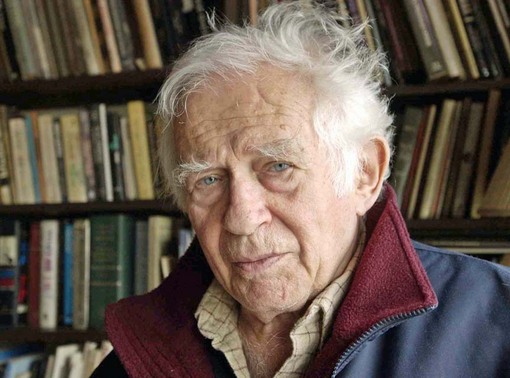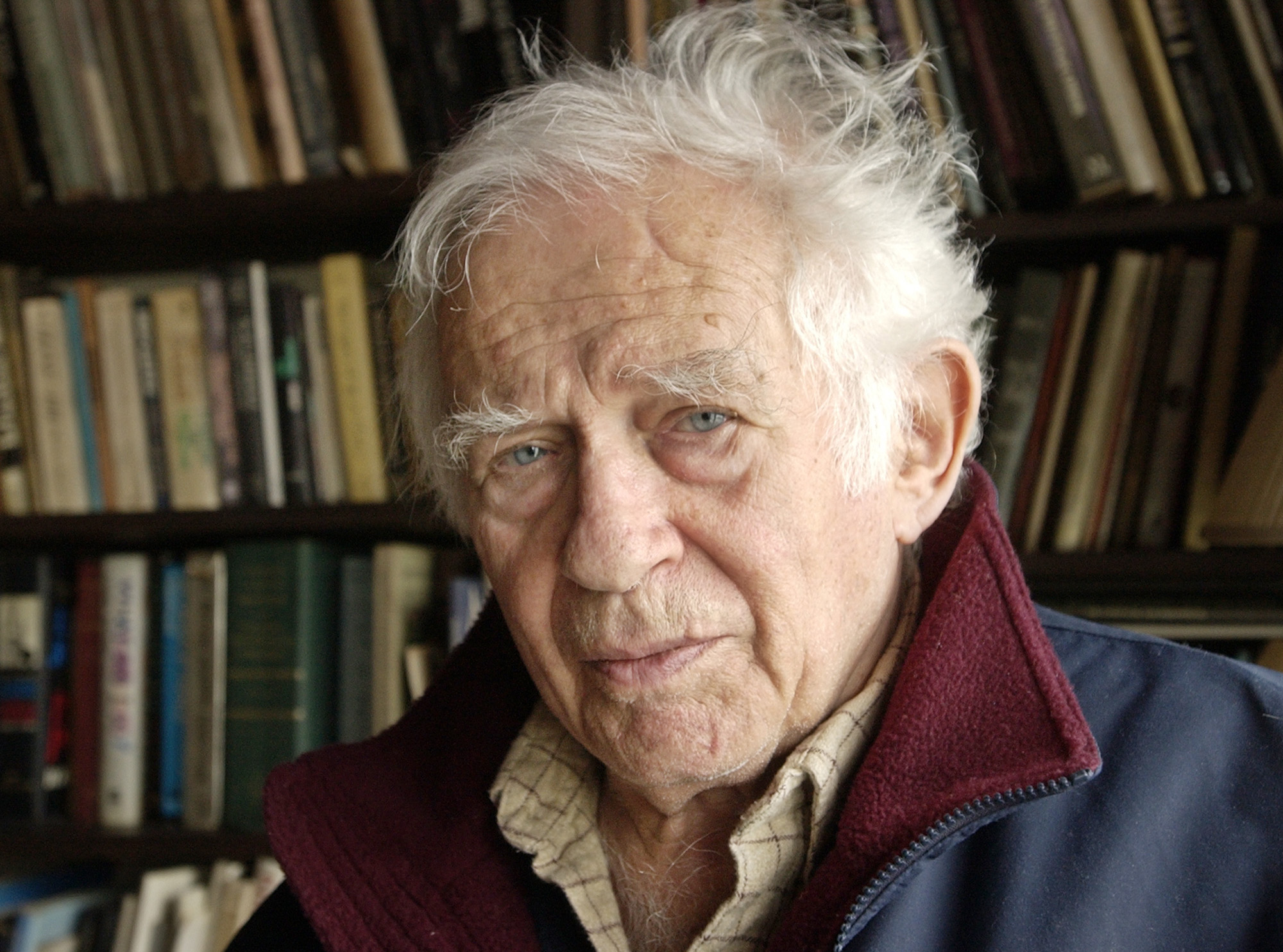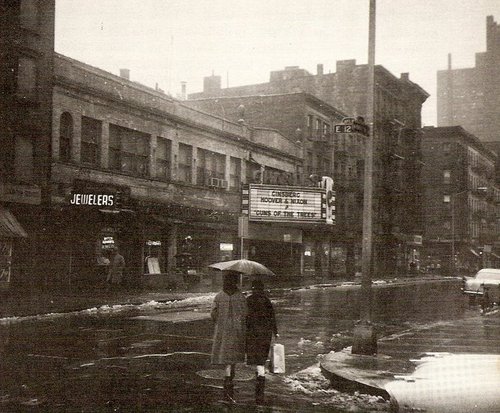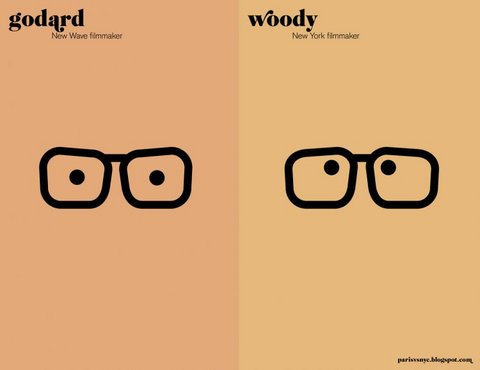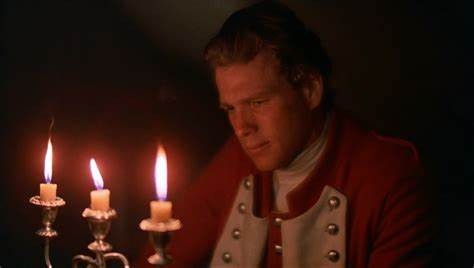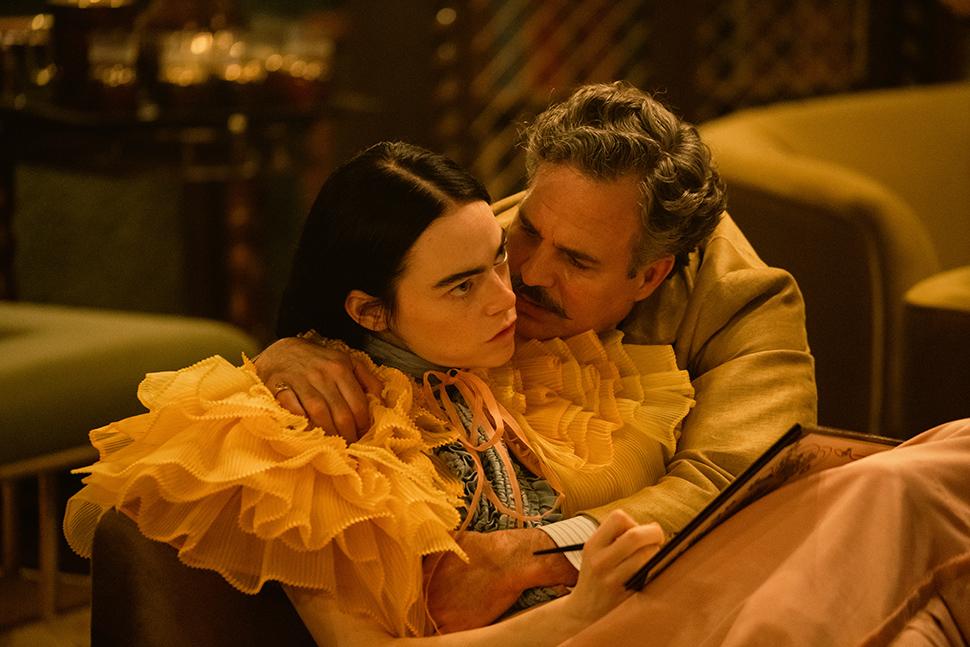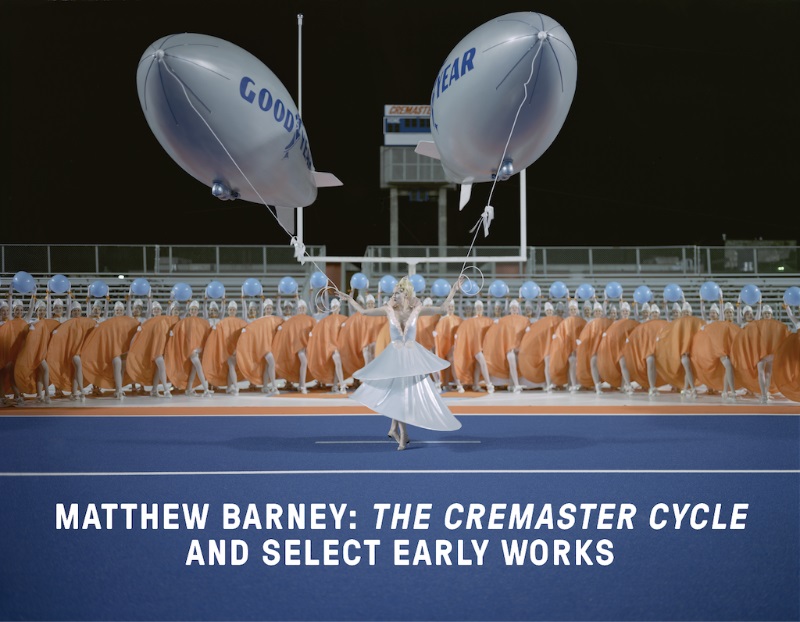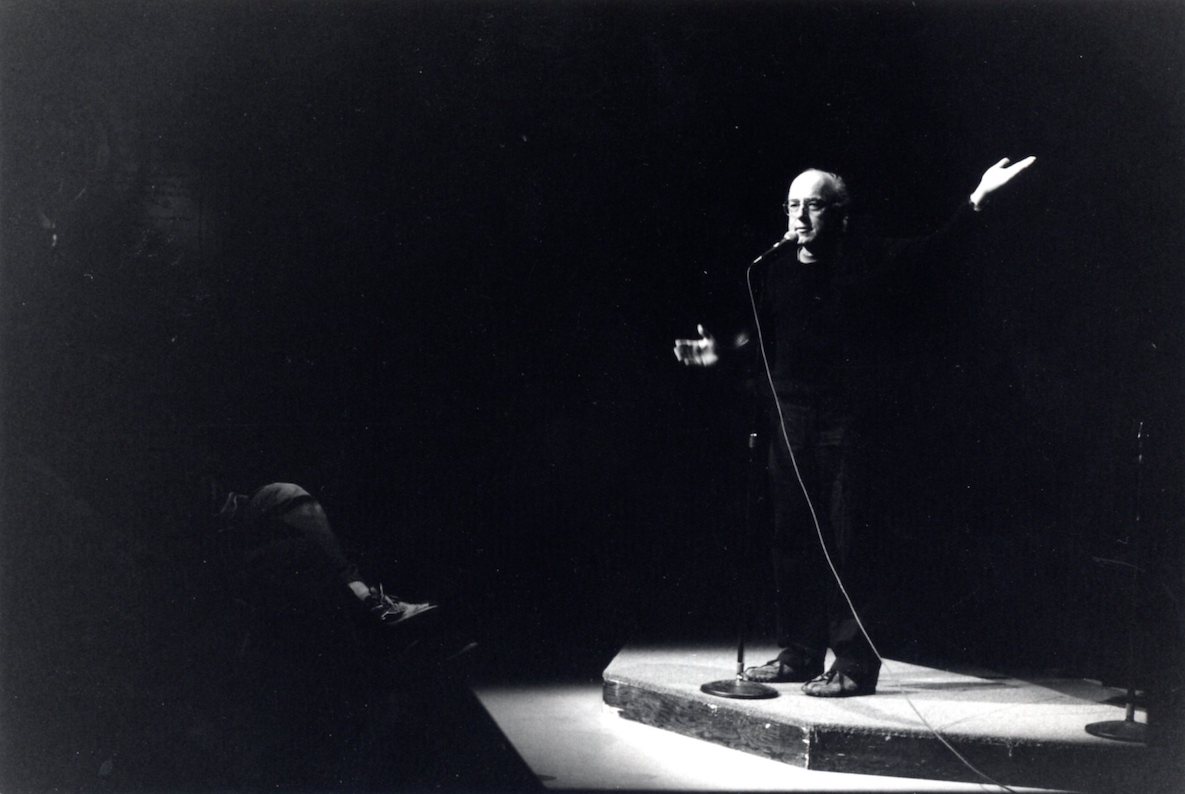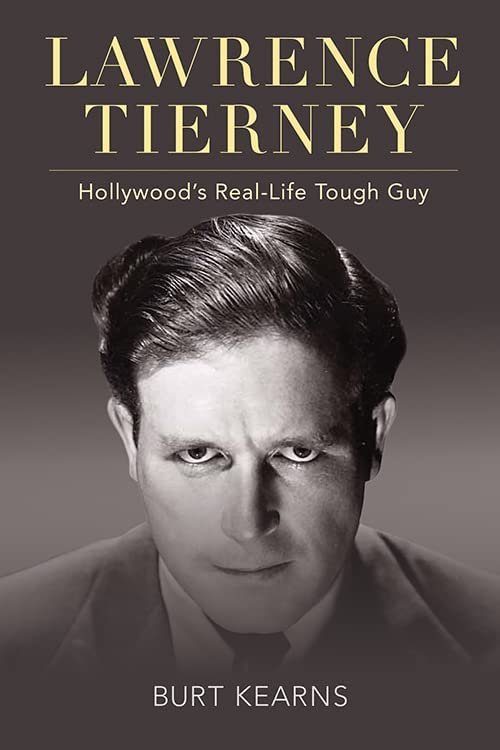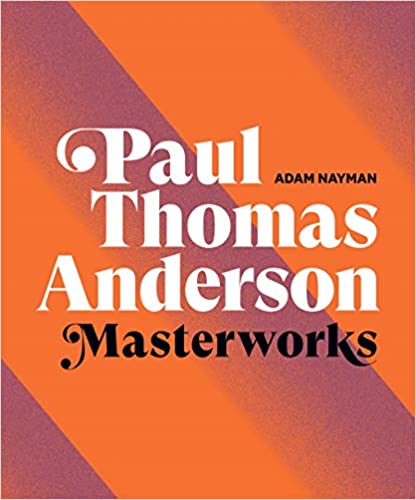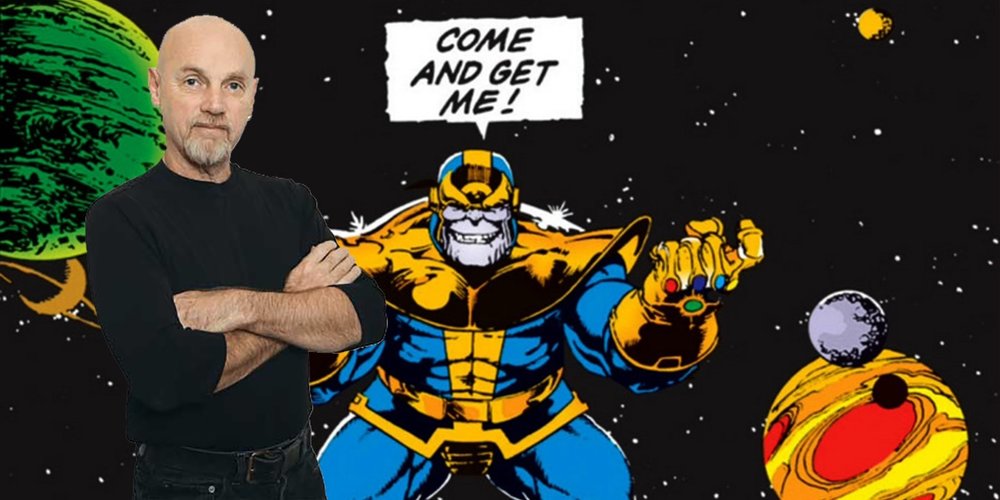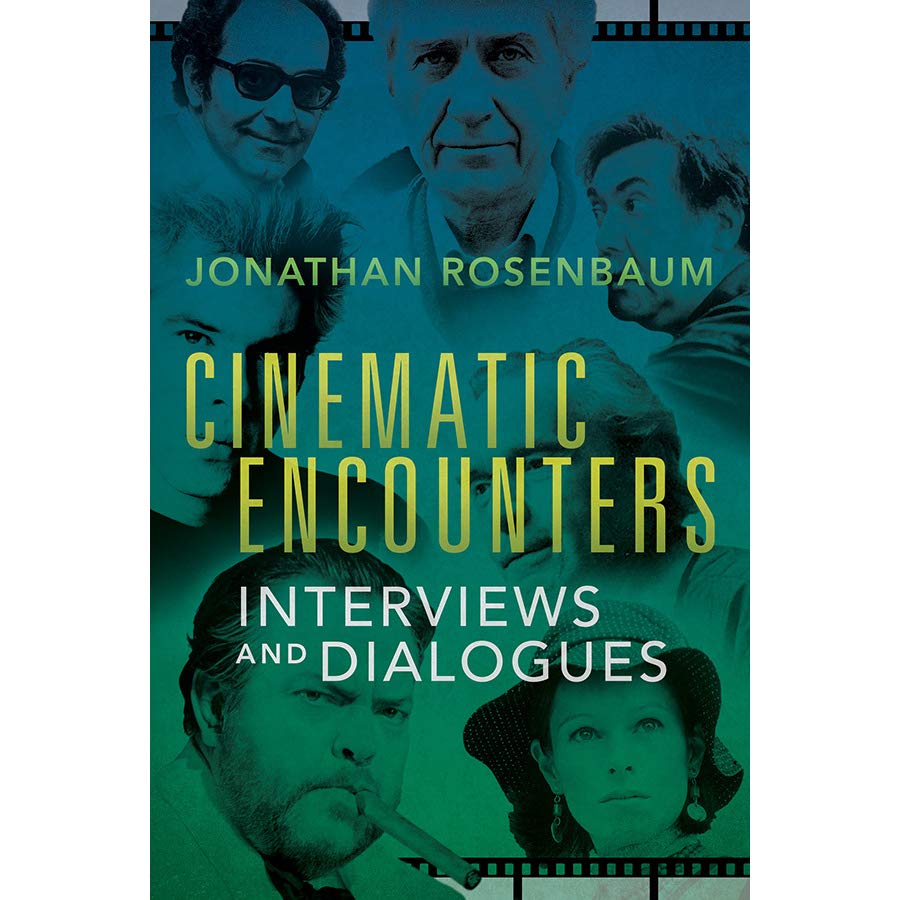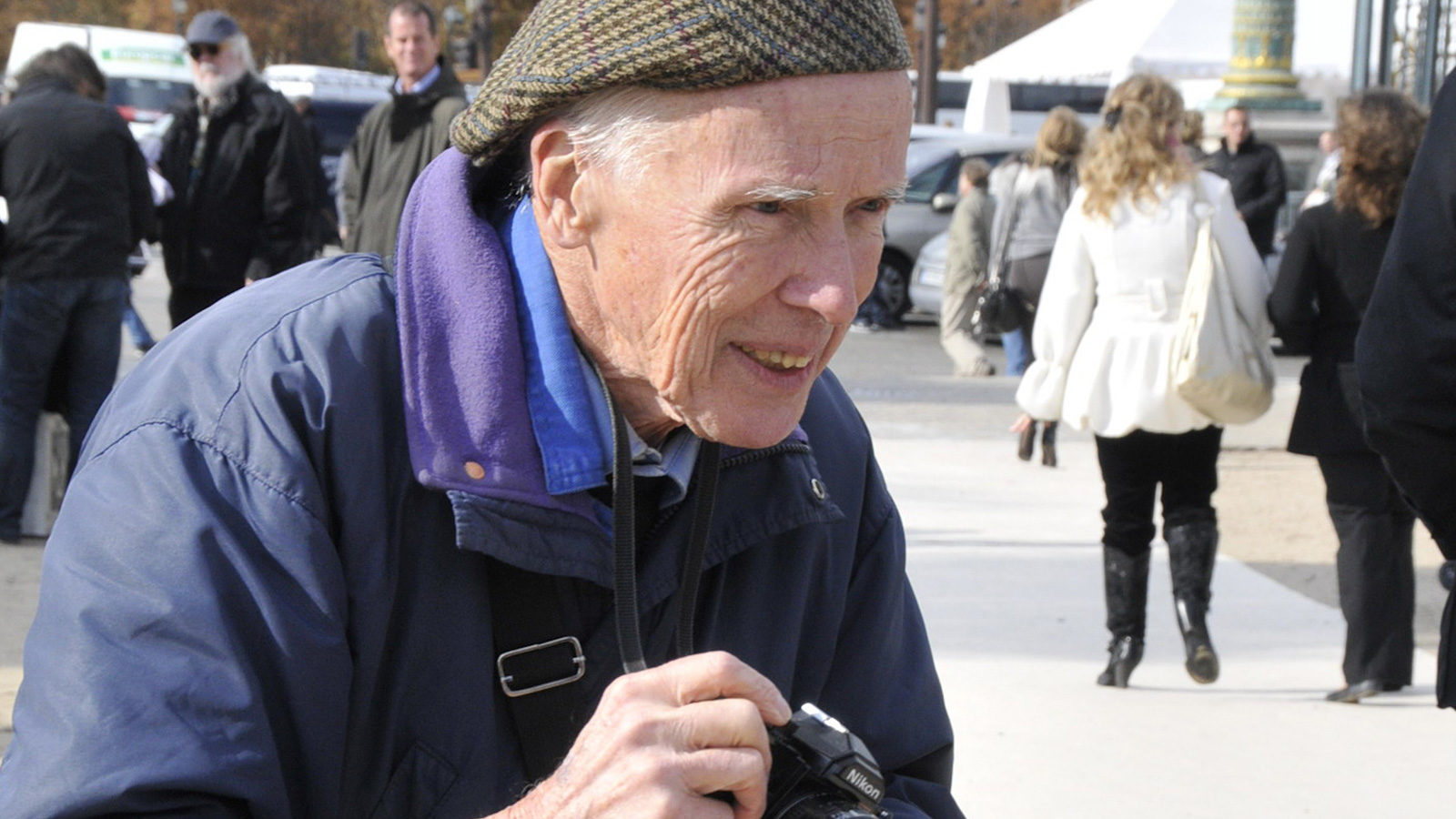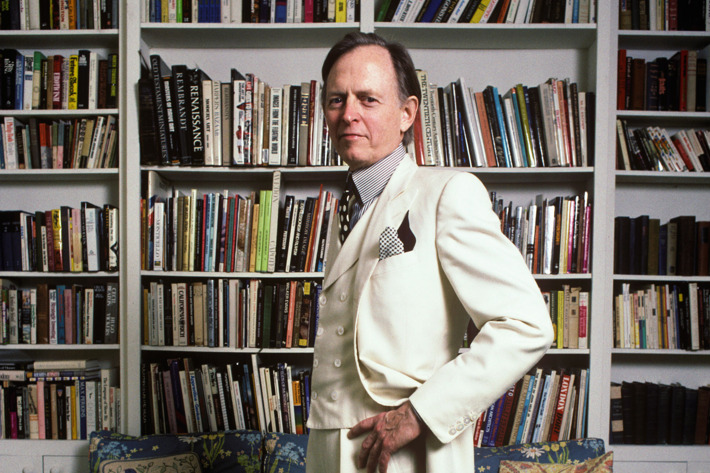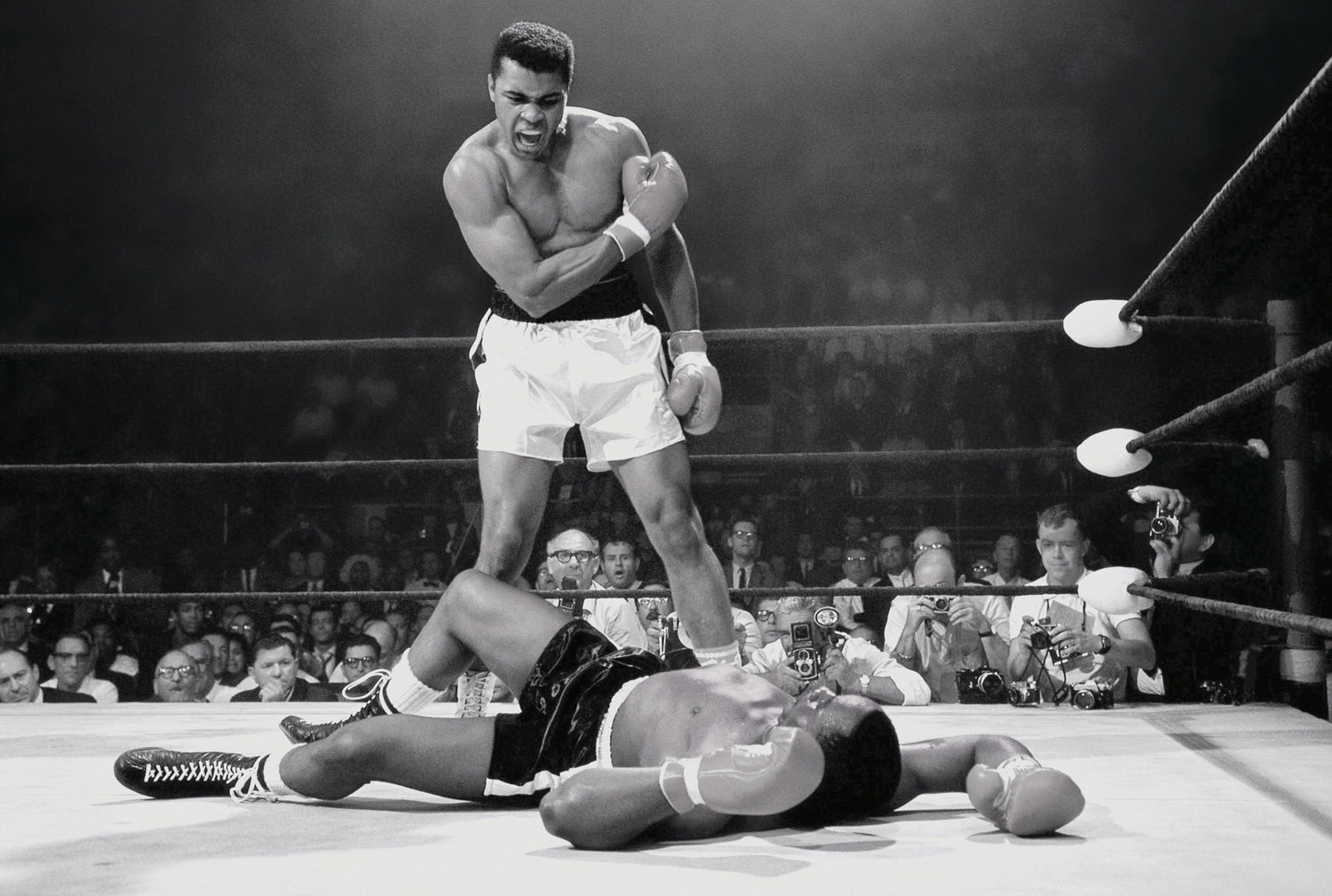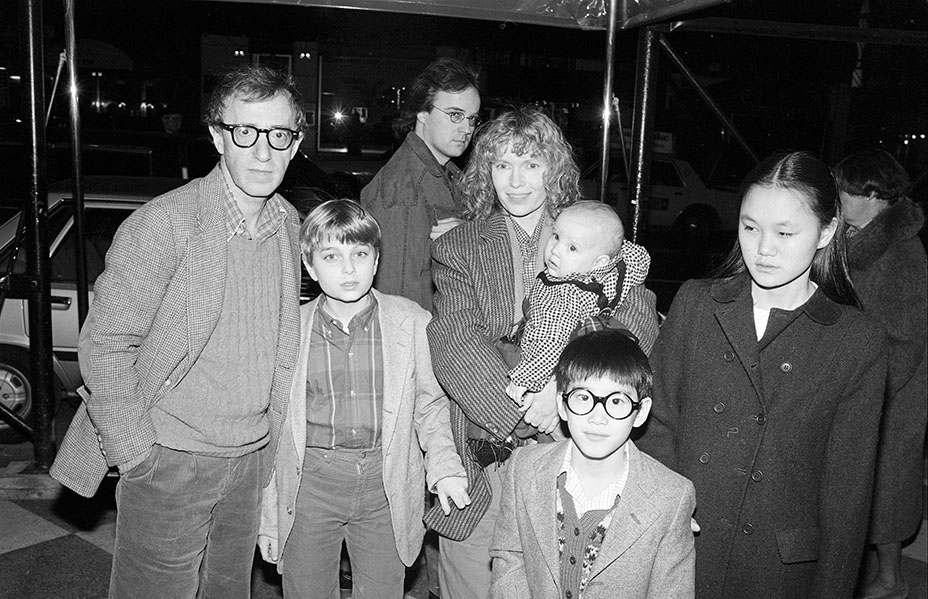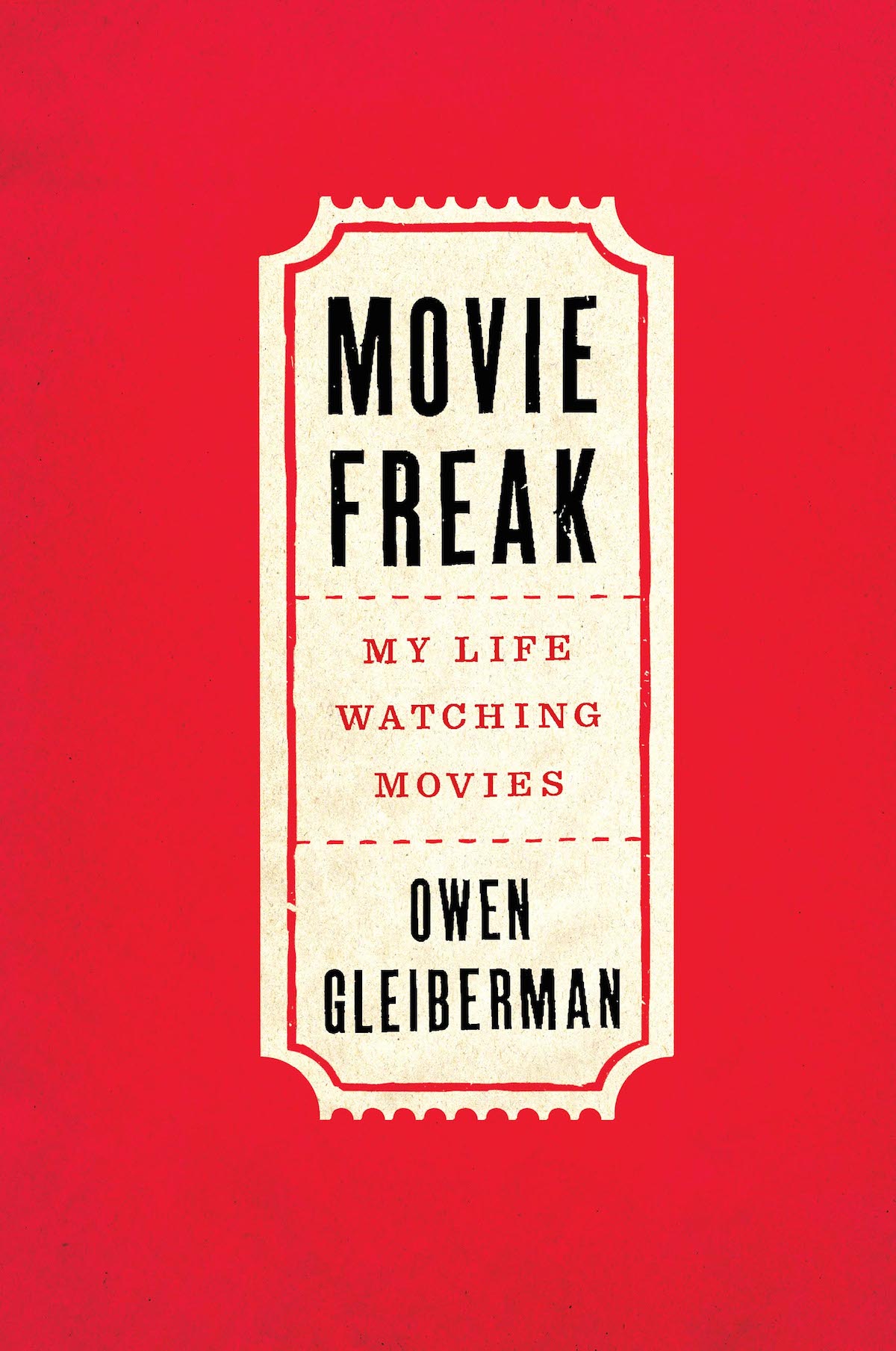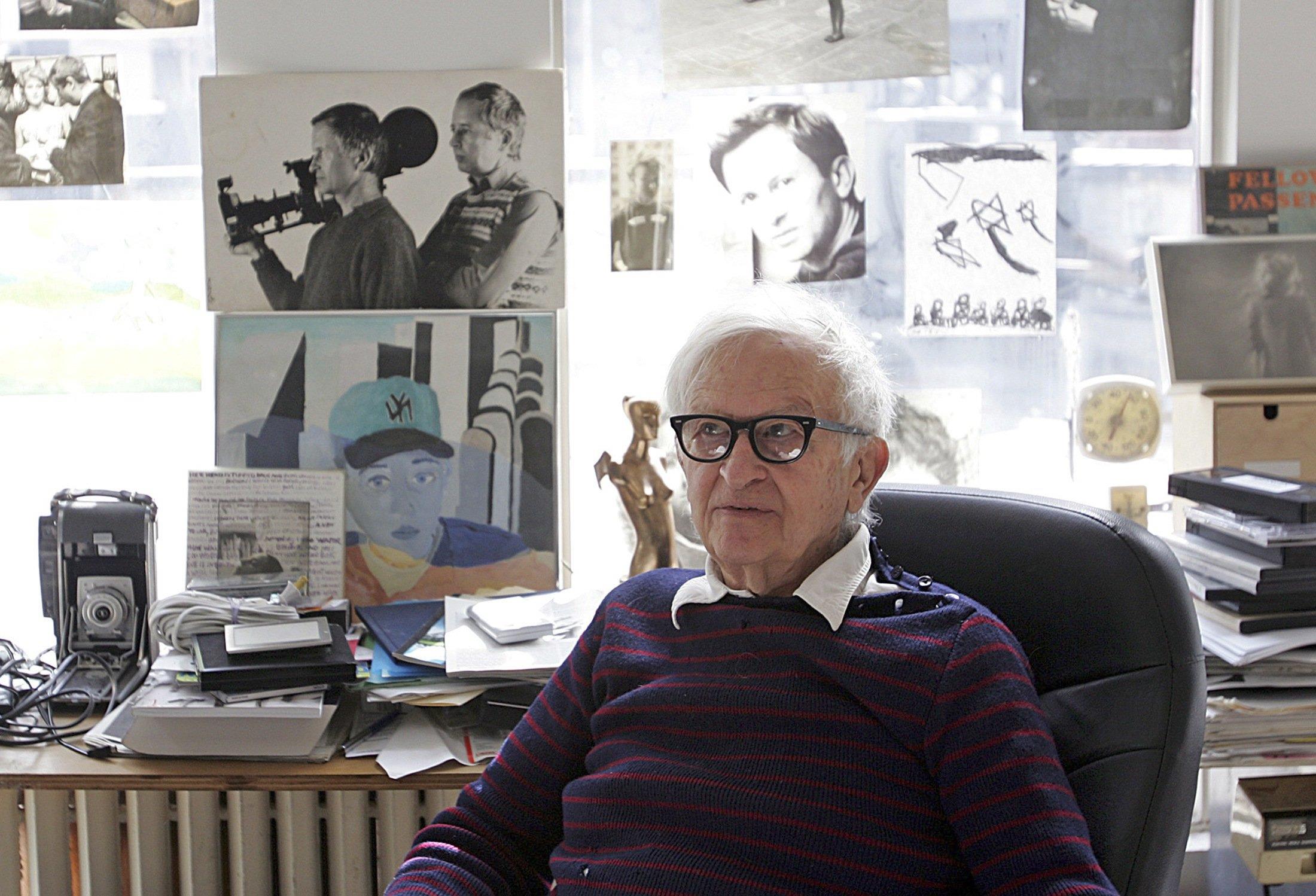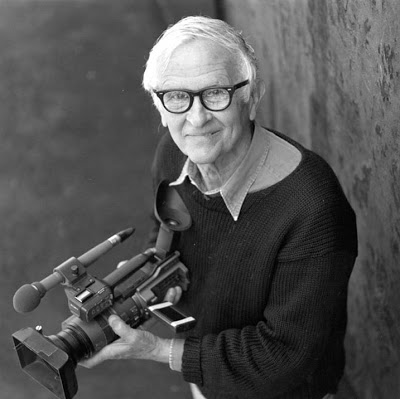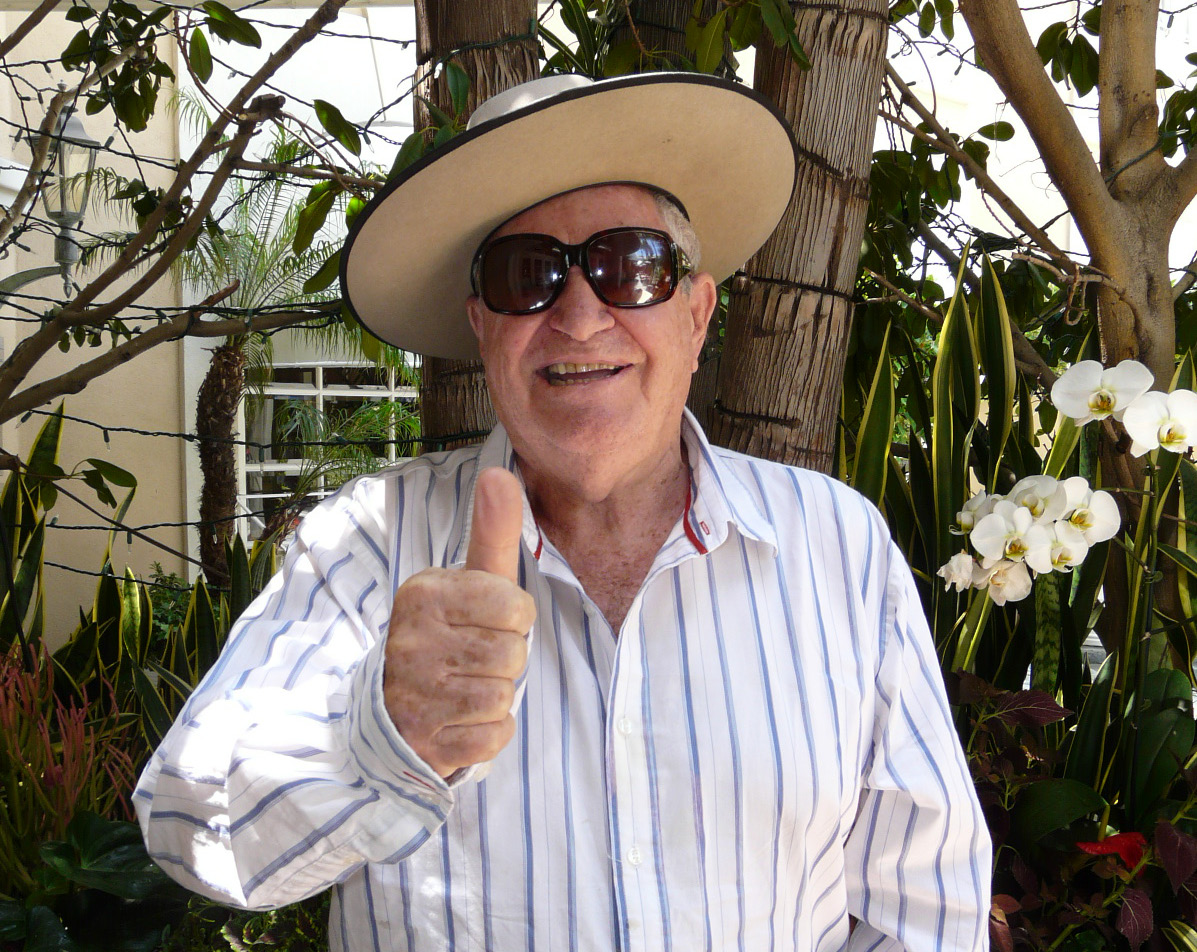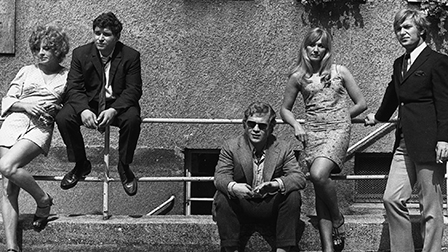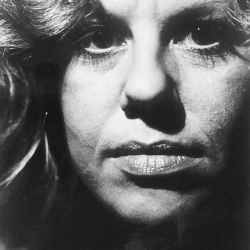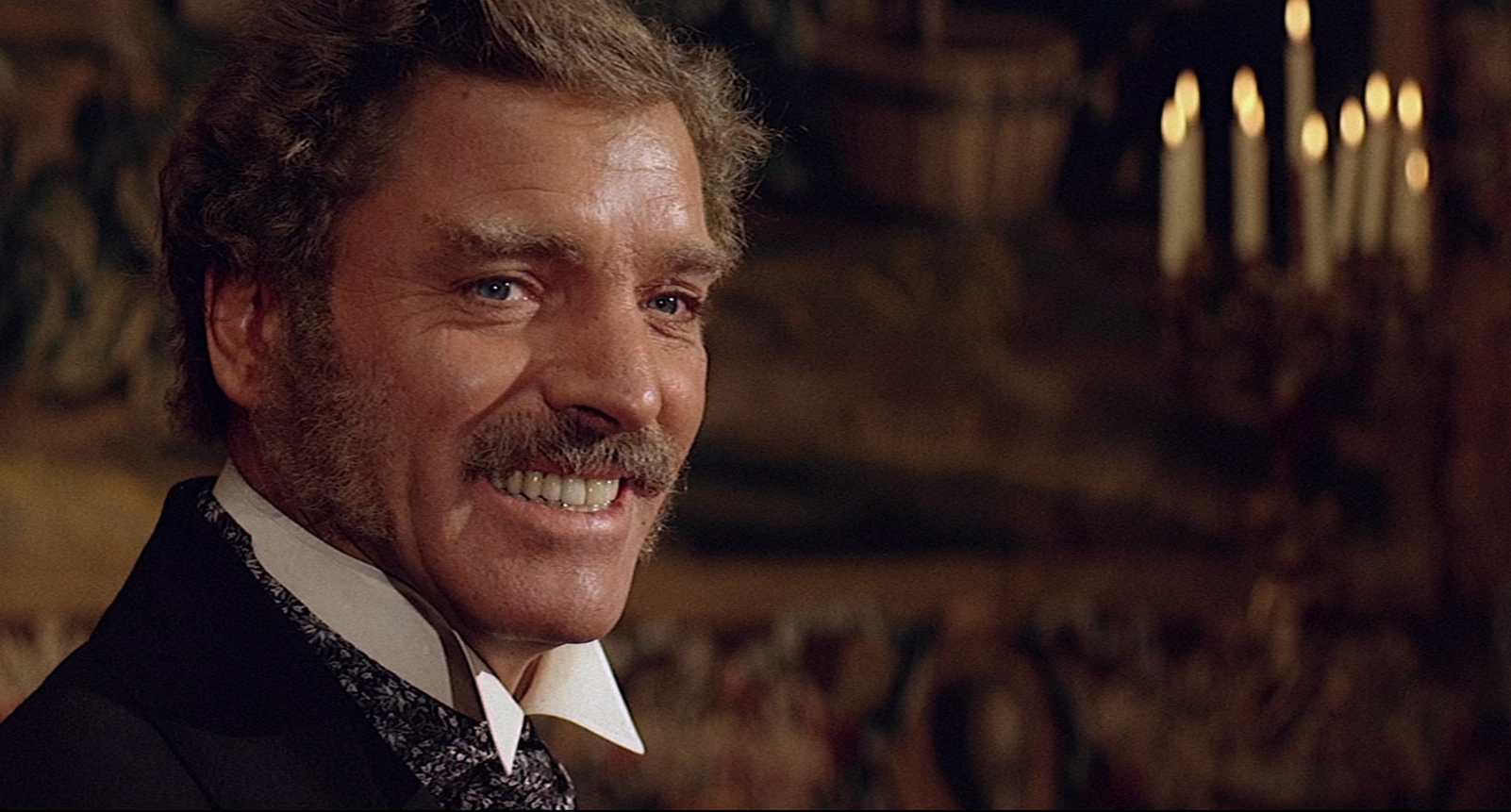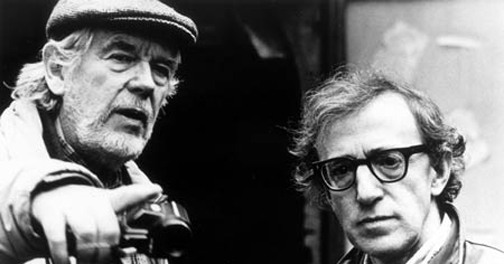Norman Mailer Movie Reviews
Blog Posts That Mention Norman Mailer
Norman Mailer: His life in public
Donald Liebenson
Norman Mailer: Tough guy directs
Roger Ebert
Street scene: Movie theater, snow, rain, promise
Roger Ebert
Woody Allen meets Jean-Luc Godard
Roger Ebert
February 2025 Blu-Ray Guide: “Wicked,” “Nosferatu,” “Here,” “Heretic,” More
Brian Tallerico
Am I Just Anybody?: Ryan O’Neal (1941-2023)
Peter Sobczynski
Venice Film Festival 2023: Poor Things, Maestro, The Caine Mutiny Court-Martial, The Killer
Glenn Kenny
The Transformative Power of Matthew Barney’s Cremaster Cycle
Walter Chaw
Tom Luddy (1943-2023)
The Editors
Lawrence Tierney Bio Etches Vivid Portrait of Hollywood’s Real-Life Tough Guy
Donald Liebenson
Touring Masterworks: Adam Nayman Discusses His New Book on Paul Thomas Anderson
Matt Zoller Seitz
Comic-Con 2019: An Interview with the Creator of Thanos
Nell Minow
Jonathan Rosenbaum on His New Book Collection, Cinematic Encounters
Patrick Z. McGavin
NYFF 2018: The Times of Bill Cunningham, Cold War, Detour
Odie Henderson
Tom Wolfe: 1931-2018
Peter Sobczynski
Molly Haskell on feminism, censorship, screwball comedy, and life after Andrew Sarris
Matt Zoller Seitz
Always The Greatest: Remembering Muhammad Ali
The Editors
I believe Dylan Farrow
Matt Zoller Seitz
Critic’s Notes: Owen Gleiberman on “Movie Freak: My Life Watching Movies”
Patrick Z. McGavin
8 things about Albert Maysles
Matt Zoller Seitz
From the archives: “Cameras Keep Rolling at Maysles Films”
Matt Zoller Seitz
TV Review: Martin Scorsese’s “The 50 Year Argument”
Brian Tallerico
Menahem Golan: 1929-2014
Peter Sobczynski
True love and self-destruction: Early Fassbinder on DVD
Steve Erickson
Erica Jong’s fear of thinking
Roger Ebert
Alone in the ring at Cannes
Chaz Ebert
Goodbye, Smokin’ Joe
Scott Jordan Harris
Does anyone want to be “well-read?”
Roger Ebert
A bar on North Avenue
Roger Ebert
In Memory: Burt Lancaster
Roger Ebert
Lancaster Wrote Own Script
Roger Ebert
Woody Allen: Autumn in New York
Roger Ebert
Interview with Joy Bang
Roger Ebert
Popular Reviews

The best movie reviews, in your inbox


